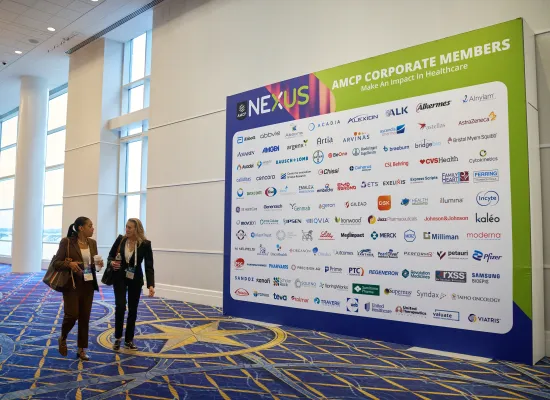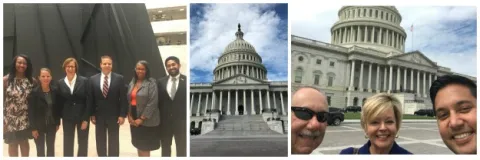
While the ACA's Future Remains in Limbo, PIE Legislation Moves Steadily Forward
Health care reform historically has one of the most contentious issues on Capitol Hill. The current fight to repeal the Affordable Care Act (ACA) is just the latest in a string of battles that reaches back many decades, including to the founding of Medicare and Medicaid.
But not every major health care policy change generates as much heat as the ACA or Medicaid. The Academy is cautiously optimistic about the future of an important bill that would allow for more sharing of information on pharmaceuticals moving through the development pipeline.
That bill, as you probably know, is the “Pharmaceutical Information Exchange (PIE) Act of 2017” (H.R. 2026). Sponsored by Rep. Brett Guthrie (R-KY), H.R. 2026 would allow manufacturers to proactively share certain clinical and economic information with decision makers on medicines in advance of FDA approval. Even though FDA draft guidance in January 2017 included an allowance for PIE, a more permanent solution is necessary to ensure correct procedures are incorporated into law.
AMCP has been the prime advocate for the PIE Act, and has worked with Guthrie’s staff to advance the bill through Congress, including by finding bipartisan sponsors.
I’m happy to say we made progress in this aim during AMCP’s recent Legislative Days on Capitol Hill. AMCP members and staff targeted nearly 30 undecided Representatives who had expressed an initial interest in supporting H.R. 2026. These lawmakers also hold key positions on the House Energy and Commerce Committee, and the Senate Health, Education, Labor and Pensions Committee, where this bill will emerge.
From these multiple meetings, common themes emerged: none of the lawmakers and aides expressed outright opposition to the bill, and in fact, they all showed an appreciation for our position. They also praised us for our ability to clearly explain the value of this initiative in nonpartisan way. And they left the door open for more discussion and eventual support. I am proud of our member and staff outreach, and their ability to cross ideological divides and appeal to commonsense solutions.
While we still have much work to do to cross the finish line, I can say we are making steady progress to build support among both Democrats and Republicans. This is how the legislative process should work.
Featured News & Resources
See Full CalendarAward Applications Open
AMCP eLearning Day: Nexus Encore
AMCP 2026 Registration Opens
Upcoming Events
AMCP offers a wide variety of educational opportunities, from events and webinars to online training.








